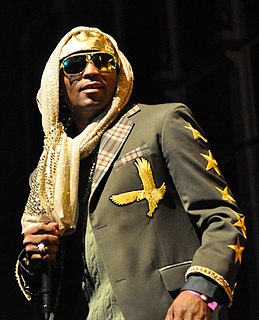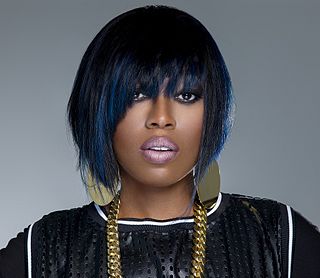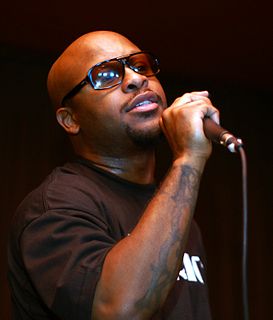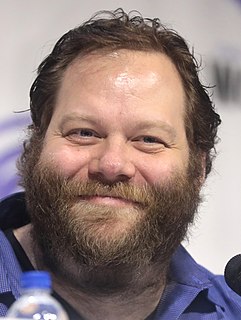A Quote by Franklin P. Adams
And of all glad words of prose or rhyme, The gladdest are Act while there yet is time
Related Quotes
This is what rhyme does. In a couplet, the first rhyme is like a question to which the second rhyme is an answer. The first rhyme leaves something in the air, some unanswered business. In most quatrains, space is created between the rhyme that poses the question and the rhyme that gives the answer - it is like a pleasure deferred.
Poetry is creative expression; Prose is constructive expression... by creative I mean original. In Poetry the words are born or reborn in the act of thinking... There is no time interval between the words and the thought when a real poet writes, both of them happen together, and both the thought and the word are Poetry.
The definition of good prose is proper words in their proper places; of good verse, the most proper words in their proper places.The propriety is in either case relative. The words in prose ought to express the intended meaning, and no more; if they attract attention to themselves, it is, in general, a fault.
...in song the words tend to lose their significance, do often lose it, while at the other extreme, in current prose it is the musical value that tends to disappear - so that verse stands symmetrically, as it were, between song, on the one hand, and prose on the other - and is thus admirably and delicately balanced between the sensual and the intellectual power of language.
"Tabernacle" was probably the easiest song I'd ever wrote because all I really had to do was rhyme the words since the whole story, front to back, was already in my head. All I needed to do was verbalize it, and if it didn't have to rhyme I could've just freestyled it because I already knew what I wanted to say.
In general, I would think that at present prose writers are much in advance of the poets. In the old days, I read more poetry than prose, but now it is in prose where you find things being put together well, where there is great ambition, and equal talent. Poets have gotten so careless, it is a disgrace. You can’t pick up a page. All the words slide off.
































